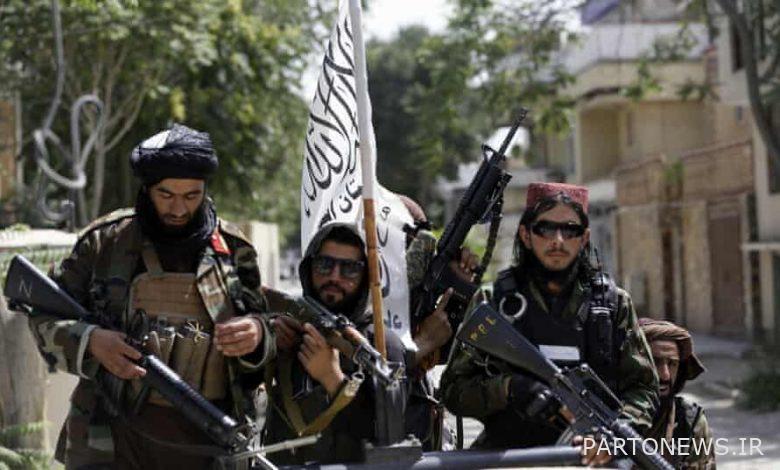Times: The alarm bells rang for extremists joining ISIS in Afghanistan

According to IRNA on Wednesday, the British newspaper quoted a former Afghan intelligence official as saying: “ISIL is using disarmed militants from all over Asia to use them to fight the Taliban.”
In an interview with the newspaper, Ramallah Nabil, the former director of Afghanistan’s intelligence service, predicted that ISIL would step up its insurgency after at least seven people, including a child, were killed and 30 others wounded in a weekend bombing operation.
Dissatisfaction has risen among senior Taliban officials due to differences between the group loyal to Deputy Prime Minister Mullah Abdul Ghani and his supporters, and Sirajuddin Haqqani, head of the network responsible for the worst terrorist attacks in 20 years. Abdul Ghani’s brother has led peace talks with the United States. Haqqani is currently acting head of the Afghan Interior Ministry.
Nabil said Taliban fighters who are dissatisfied with the alleged Taliban-led reform of the Brotherhood will join ISIL, including allowing women to enter schools and work.
This reinforces the prospect of a new war for control of Afghanistan between extremist forces seceding from the Taliban and ISIS.
The current core of ISIL fighters is fugitives from the Afghan and Pakistani Taliban and the Haqqani Network. Although ISIS is the enemy of the West and follows the extremist orders of Sunni Islam, it is also the sworn enemy of the Taliban.
In the wake of the August 26 attack on Kabul airport, when asked at a Pentagon news conference whether the US military might fight the Taliban against ISIL, US Joint Chiefs of Staff Mark Milli called such cooperation “possible”.
The newspaper wrote: Jalalabad, the capital of the western province of Nangarhar, has been the headquarters of ISIS since the group’s emergence in 2014, which later spread to other areas, especially to the north.
Washington estimates that the group, made up of about 2,000 fighters, has now grown significantly.
According to the United Nations, ISIL has carried out 77 terrorist attacks in the first four months of this year, but their attacks have increased in both frequency and severity.
The Taliban have tried to deny the ISIS threat. Zabihullah Mujahid, the group’s spokesman, said that ISIL was not a threat because ISIL thinking was hated by all people and no one supported the group. Our fight against ISIS has been effective in the past, and we know how to thwart their techniques.
The Sufan Security Center in New York announced this week that ISIL is now the most serious threat against the Taliban, especially as the group seeks to strengthen its forces and play a role in Afghanistan.
“It’s very influential,” said Franz Marty, an expert at the Swiss Institute of World Affairs based in Kabul. If the Taliban fails to deliver on its promises to maintain the country’s security, it could change public sentiment about the group’s position.
.

